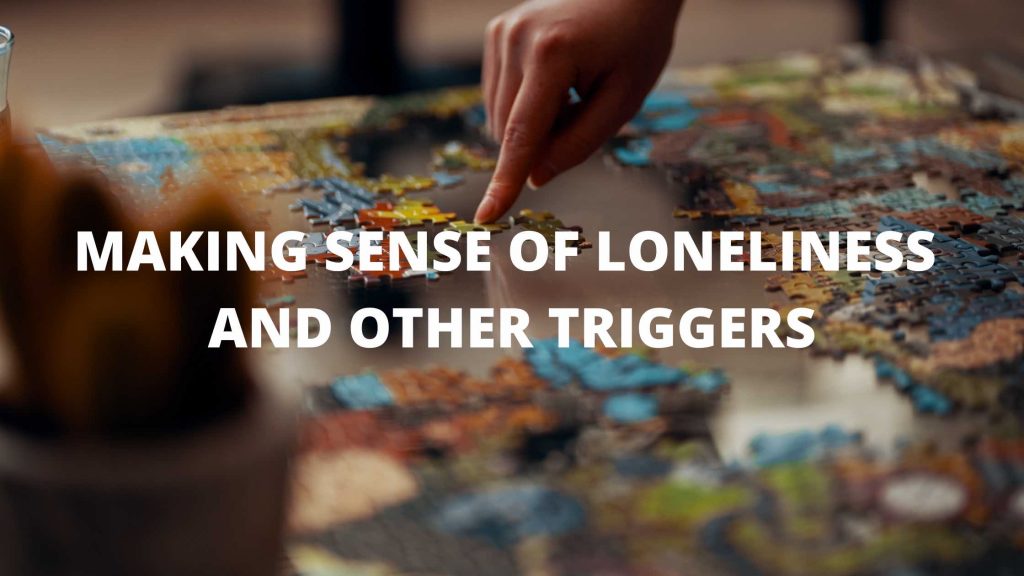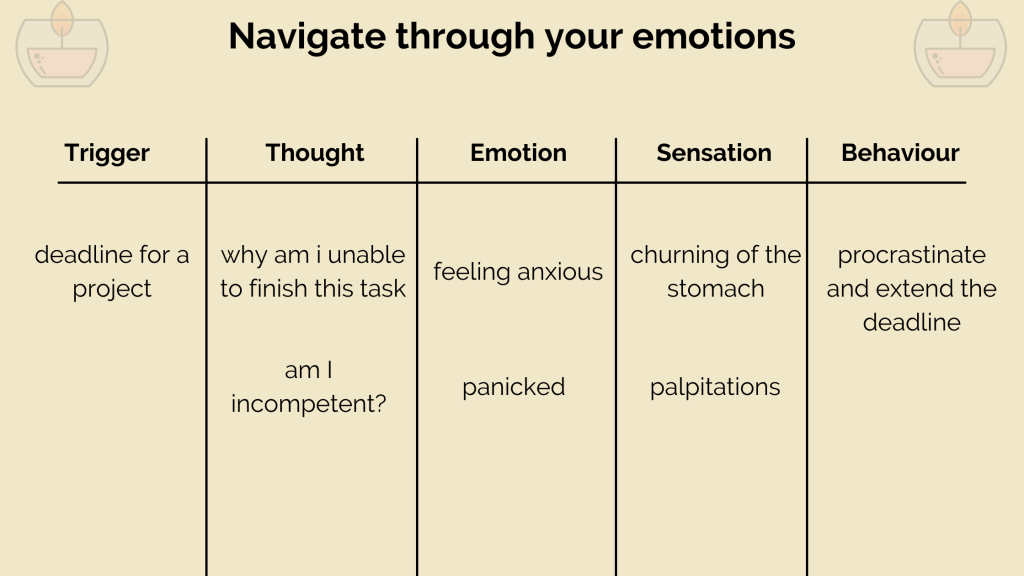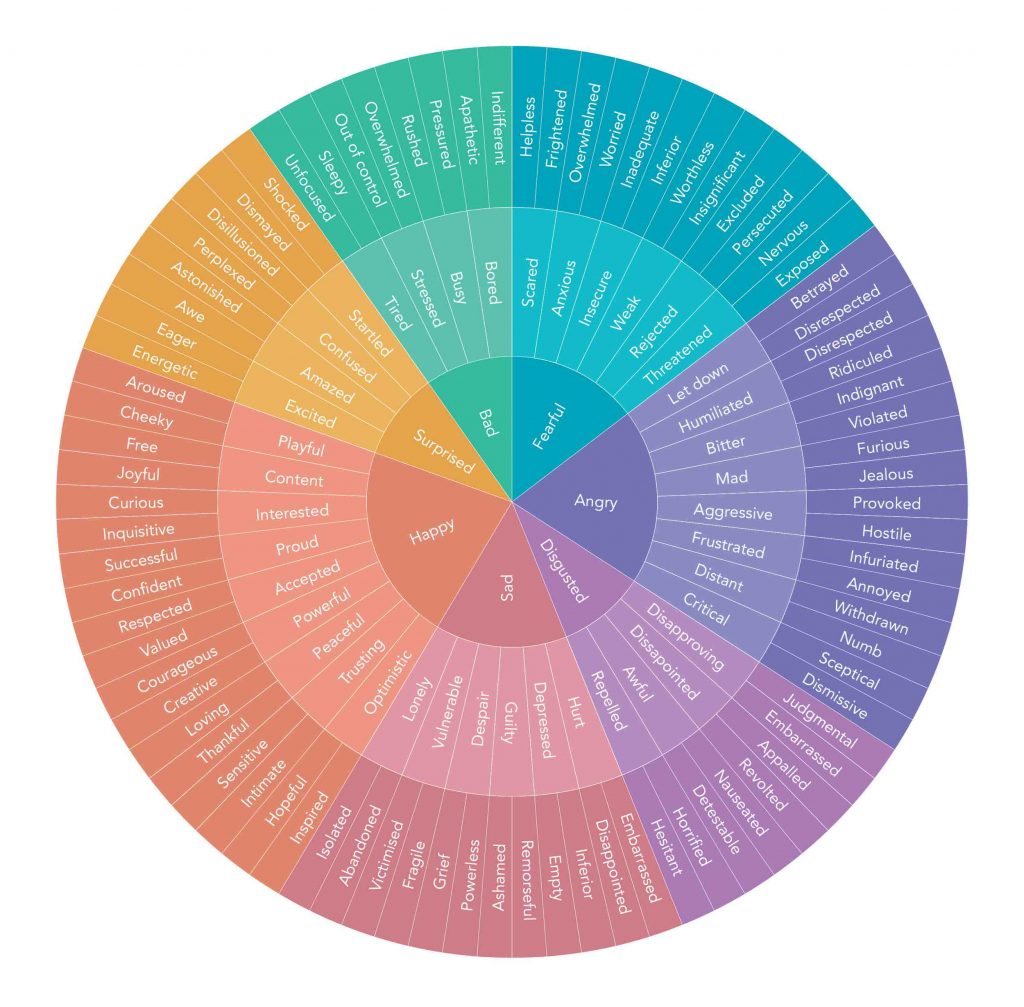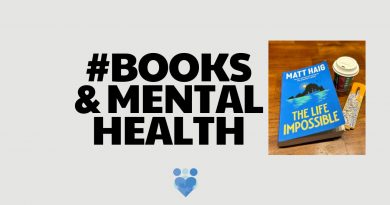The Pandemic is still Going Strong: Are you Suffering from Loneliness?
By Sukanya Sharma
“When clients come to see me, they are confused about their emotions. They don’t know what they’re feeling,” the Mumbai-based counselling psychotherapist Harshika Jhaveri-Mehta tells The Health Collective, when asked how her clients describe loneliness to her.
“As a society we’ve been taught to ignore our feelings so much that we feel invalidated in expressing our emotions. I always tell my clients that emotions are navigators,” she adds. “A lot of times they don’t know they are lonely, it is only revealed in successive sessions that they might be feeling that way…”
When clients come to see me, they are confused about their emotions. They don’t know what they’re feeling… As a society we’ve been taught to ignore our feelings so much that we feel invalidated in expressing our emotions.
Harshika Jhaveri-Mehta
A therapist working with trauma patients for almost a decade now, Jhaveri-Mehta uses Trauma-Focused CBT, EMDR, existential approach, and person-centered approach among others to help clients’ process different traumatic/stressful experiences.

The late John Cacioppo, a researcher and professor at the University of Chicago, who studied social neuroscience for more than 20 years, defined loneliness as perceived isolation, where a person feels a lack of deep social connections. In one of his interviews with The Guardian published a few years ago, he explained why he chose loneliness as a topic of research, and talked about how he thought it was contagious and “heritable”.
Well, I was originally interested in social connections. I argued we are defined by social connections, so what happens in the brain when you absent those? I took one other step. I said that the brain is the organ for creating, monitoring, nurturing and retaining these social connections, so it didn’t matter whether you actually had these connections, what was important was whether you felt that you had them. There is a big difference between objective isolation and perceived isolation, and very quickly we learned that perceived isolation was loneliness, and that had not been studied.
John Cacioppo to The Guardian
Last year when the pandemic hit, those of us who were lucky, found ourselves cocooned in our homes — some alone, some with family, some with friends. Regardless of our physical isolation from others, our mental isolation from the rest of the world is what impacted a lot of us. There were studies and reports suggesting how the pandemic affected the mental health of many. I myself stayed alone and many friends and family would call to check in with me. In fact, this was probably one of those few times when mental health was taken seriously across demographics as our whole society was affected collectively.
Loneliness was somewhat understood, it was given a voice by many who described their experiences of living in a household full of people and yet feeling disconnected and those who stayed alone craved social connections.
I spoke to Kiran Dalvi, a 29 year old design strategist from Mumbai, who shared her story of reaching out to strangers during the pandemic just to feel connected and simply talk.
“I’ve always been a very social person; one to strike up a conversation at a party or make anyone feel welcome in my space. During the lockdown, my friends and I would host/attend Zoom parties to stay in touch but it just didn’t seem enough. Since I was alone a lot, I was also caught in a lot of introspection about my life.”
Dalvi shared how she used to suffer from anxiety but never confronted it. This time alone helped her get a new perspective on a lot of things, including to let go and also embrace different realities from varied aspects of life. When the lockdown started to lift, she resumed going back to one of her regular cafes to work, or to go on dates or just to spend some time (out). That’s where she started making a new group of friends. “I realised I’d been coming to this cafe for 6 straight years and there were other regulars too, but we (had) never even noticed each other before. It suddenly felt like we were all collectively looking for a connection and all it took was a warm, welcoming smile to make a new friend.”
While we have seen the worst happen in the past year, it has also been a time where the privilege of staying home has given us some perspective about ourselves and the world. It almost seems cruel to think that while the pandemic took several lives, the same pandemic also did give a new life to some. Confrontation with ourselves, finding balance and purpose, and realising that plans don’t always work but there’s always a way around those plans. Or better yet, learning that making new plans is okay. It’s okay to feel sad, downtrodden, anxious, angry, even a failure sometimes. It’s okay to ask for help. Because we’re not alone in this.
The last lockdown there were several memes shared on the internet about how introverts were having the best time, not having to interact with people or make up excuses to cancel out on weekend plans, but Hvovi Bhagwagar, a psychologist and psychotherapist in Mumbai, has something else to say. “It’s a myth that introverts were very content during the hard lockdown. Lack of social connection, and alone-ness will impact both introverts and extroverts equally. And it’s also true that a meaningful conversation with one friend or co-worker can alleviate loneliness for both groups,” she tells The Health Collective.
Bhagwagar runs her private practice called Manashni in Mumbai. She has a trauma informed approach in her therapeutic practice, and works specifically with complex trauma and personality disorders.
“It’s a myth that introverts were very content during the hard lockdown. Lack of social connection, and alone-ness will impact both introverts and extroverts equally. And it’s also true that a meaningful conversation with one friend or co-worker can alleviate loneliness for both groups.”
Hvovi Bhagwagar
Disturbingly. there has also been a rise of suicide during the Covid-19 pandemic, according to a report in The Washington Post. In India, while more data is required, at the start of the lockdown, there were close to 300 suicides reported by The Economic Times.
(If you or anyone you know is feeling distressed or having suicidal ideation, here are some suicide prevention helpline numbers;
If you are feeling lonely and want to reach out for help, do look at some resources available here.)
While suicide is now understood to be a multi-factorial issue, Bhagwagar points out that a strong risk factor could be loneliness. “In fact, youngsters in the age group of 15-24 (which exhibit the highest suicide rates) also report the strongest feelings of loneliness. And all of this is pre-pandemic data. The lockdown and social distancing has led to more feelings of loneliness in the youth, and they are definitely at higher suicide risk that earlier. Also, Indian males between the ages of 35-45 are also at highest risk of suicide again due to the demands of toxic masculinity which prompt feeling of loneliness.”
COPING WITH STRESS AND LONELINESS
While talking about the effects of lockdown Jhaveri-Mehta tells us that while the first lockdown came as a shock to everyone and her clients complained about stress and loneliness, people were more prepared for the second lockdown and they had somewhat learned to navigate through their emotions.
She shared a “DIY” of sorts to help people process their emotions and behaviour better:
(Editor’s Note: This is a thought exercise and shouldn’t be construed as a susbtitute for therapy or 1:1 advice from a trained mental health professional.)
Triggers
Thoughts
Emotions
Sensations
Behaviour
Here’s what you can do (see the Table for an example): Write out what our trigger is, what thought follows that trigger, along with the emotion combined with a sensation in the body and how we respond to that trigger (behaviour). This can be an easy chart to follow and understand our thought and behaviour pattern.
Here’s an example (just for reference):

Jhaveri-Mehta says that often it helps when people can add a “tangibility” to their emotions and that’s when “sensation” can be helpful to some. We don’t always have to add this. She also suggests that people use an Emotional Wheel to understand how they are feeling.
Subscribe to The Health Collective on Youtube

It’s perhaps no surprise that people often reject and invalidate their feelings, addressing them as trivial and invaluable. Thankfully, with mental health conversations taking place more and more there are safe spaces for those who feel troubled to feel heard more.
Creating safety nets in our society is one of the crucial fixes that we need in order to make mental health less of a taboo subject. There are just not enough doctors in India to address the mental health crisis; according to a report in The Economic Times there are only 0.75 psychiatrists per 100,000 people. It would be invaluable if the community too worked towards creating a safe space for those in need. Simple gestures like being authentic listeners, care-givers, empaths can go a long way in addressing the mental health issues in India.
ALSO READ: YOUR STORIES ON THE HEALTH COLLECTIVE
Bhagwagar shares some do’s and don’ts of helping someone deal with loneliness:
- Do reach out: The COVID-19 pandemic times have definitely restricted our reaching out to the really vulnerable people due to the distancing norms. However, it’s important to recognise that one positive social contact can be the starting point to alleviating feelings of loneliness.
On social media I often use the hashtag #eachonereachone to spread the message that each of us can do our little bit to improve someone’s mental health. This can be a simple message to one person in our social circle “Hi, just dropping a message to ask how you are feeling today”. Imagine how many lonely people would get help if each of us did this.
- Don’t respond with annoyance if a person who complains of being alone pushes you away when you reach out. A few people take time to open up, so just send a simple hello as often as you can.
- Avoid giving supposed “quick fixes” like ‘join a dating site‘ or ‘get onto social media’. Lonely people need deeper social connections, so asking “How are you feeling” and waiting to listen to the whole answer, might help much more.
ALSO READ:




